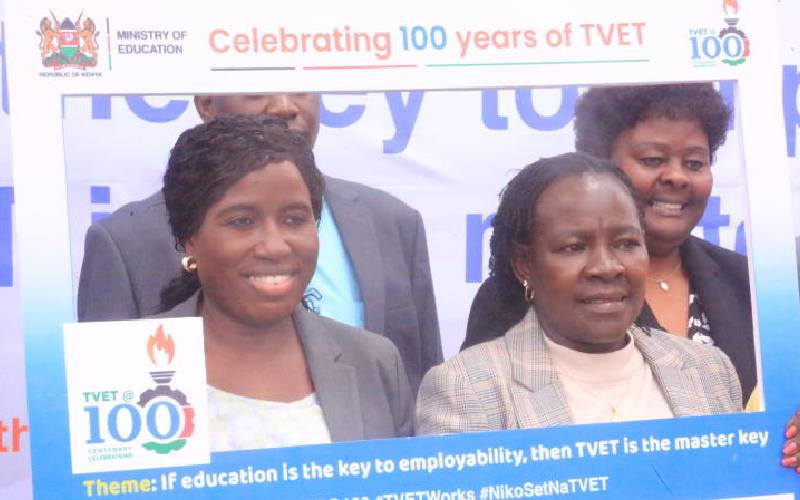×
The Standard e-Paper
Join Thousands Daily

In a groundbreaking move to tackle soaring unemployment rates, thousands of university and college graduates from Kenya will begin working in Germany starting this September.
This initiative is part of a pioneering bilateral labour agreement between Kenya and Germany, as announced by President William Ruto.